
Ideally, movies are made with artistic intent and passion behind them. That isn't the case for all movies, especially these examples that only came into being as a way to either save or earn money through legal loopholes.
While some of these have since become strange cult classics or even genuine sleeper hits, most of them are better remembered as cautionary tales about the darker sides of the filmmaking and creative industries.
10 The Fantastic Four & Fant4stic Only Delayed Marvel's Inevitable Reacquisition Of The Team's Rights

Of all the Marvel Comics characters, the Fantastic Four are the unluckiest. In 1986, Constantin Film bought the famous Marvel team's rights but only released the movie in 1994. Not helping was that The Fantastic Four was left in the hands of B-movie icon Roger Corman, who produced a low-budget adaptation that Constantin never planned to release theatrically.
This happened again in the 2010s, when Constantin (now partnered with 20th Century Fox Studios) produced the much-maligned Fant4stic. Originally, the movie was made to stop Marvel Studios from regaining the team's rights, but in light of Fant4stic's failure and the Disney/Fox merger, it proved to be a futile effort.
9 The Amazing Spider-Man Was Rushed After Spider-Man 4 Fell Through

Despite Spider-Man 3's polarizing reception, Sony still wanted Sam Raimi to make a sequel. Problem was, they exercised more creative control than usual and wanted Raimi to start filming faster than he wanted. Instead of forcing out a low-quality movie, Raimi left. Rather than relinquish his rights, Sony hurriedly rebooted the ever-quotable Spider-Man.
Andrew Garfield's first run as Spider-Man did well enough, but The Amazing Spider-Man 2 was universally panned and underperformed. The sequel's reception killed Sony's plans for their own Spider-Man cinematic universe, forcing them to strike a deal with Disney and Marvel Studios for joint ownership of Spider-Man's movies and appearances.
8 Vampirella Was Hurriedly Made 6 Months Before Roger Corman Lost The Rights

As far back as 1976, a movie based on the cult horror comic icon Vampirella was in the works. After decades of failed productions and complex legal battles, Vampirella's long-gestating movie finally became a reality in 1996. Unfortunately, almost everybody who worked on it wished that they could take back everything they filmed.
In interviews, director Jim Wynorski revealed that the only reason why Vampirella was made was because he and co-producer Roger Corman would lose the comic's rights in six months. Though he's relieved with the fact that the movie was made at all, Wynorski admitted that everything about the production was wrong and he should have declined the job.
7 Hellraiser: Revelations Was Filmed In 11 Days So The Weinstein Company Could Make The Eventual Remake
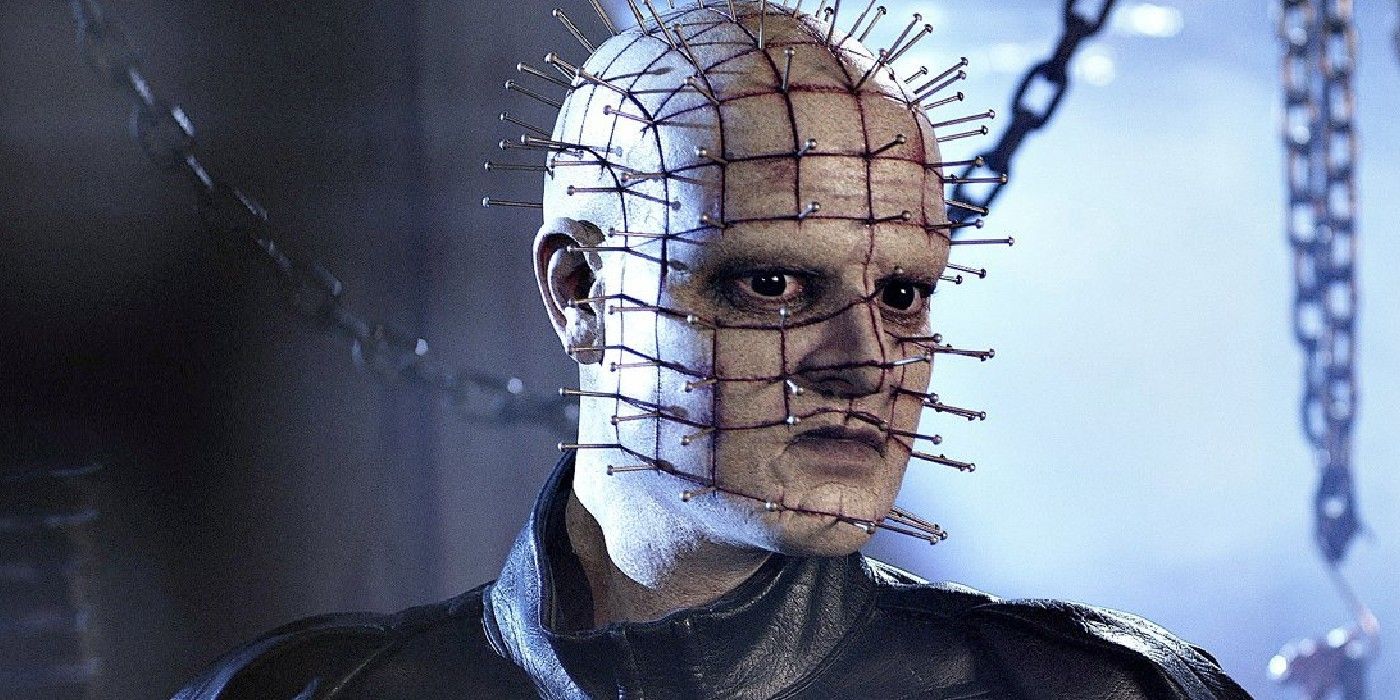
Facing the loss of the Cenobites' rights and hoping to produce an eventual remake, The Weinstein Company quickly greenlit the ninth Hellraiser and wrapped it up after a month at most. The production was so hurried that even franchise mainstay Doug Bradley turned down the chance to reprise his iconic character, Pinhead.
The plan backfired not only because of Harvey Weinstein and his namesake company's fall from grace, but also because Revelations was so bad that it motivated series creator Clive Barker to return to a series he left behind decades ago so he could mount his own remake. The Barker-approved revival is currently in production and will be released on Hulu.
6 Pet Sematary (2019) Was Made Before Stephen King Regained His Novel's Rights
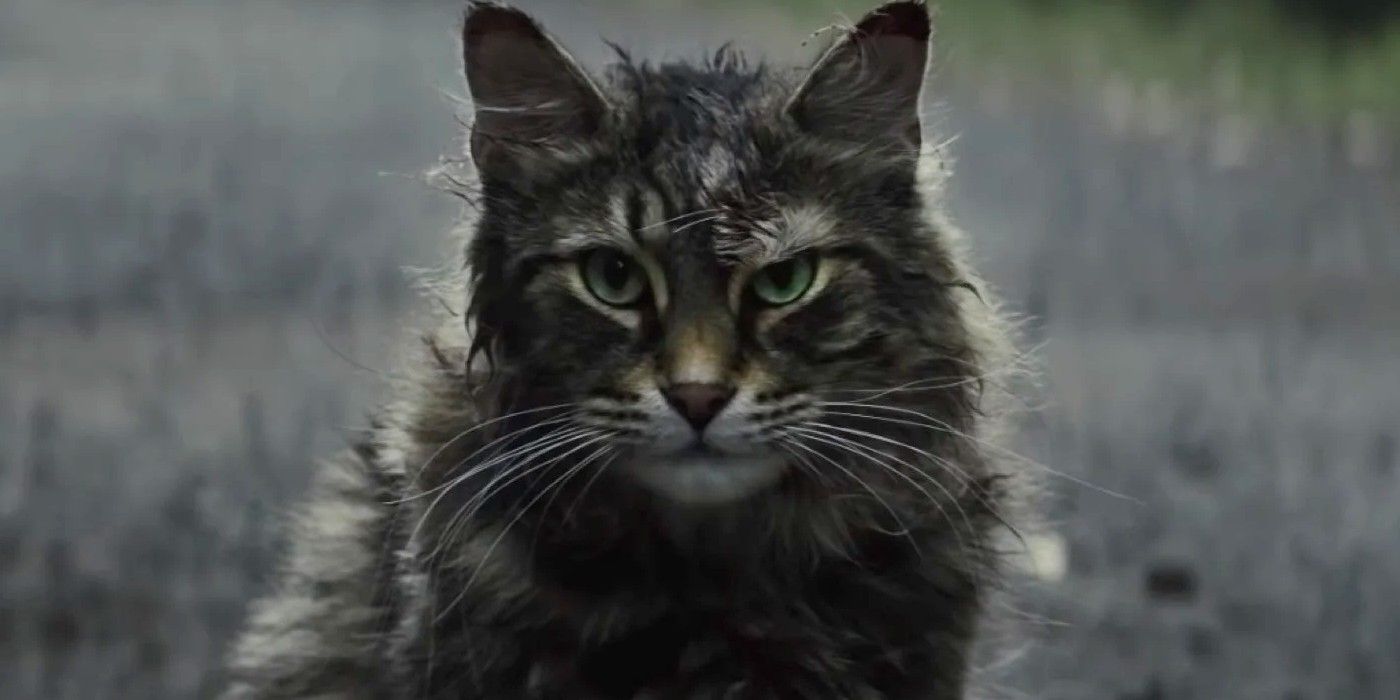
Given the boom of horror movies and remakes, a new Pet Sematary wasn't surprising to many. However, this particular King adaptation may have been motivated more by legal concerns than nostalgia. American copyright law dictates that any property that's 35 years old can be reclaimed by the original author - something Paramount Pictures wanted to avert.
King, a fan of The Good, The Bad, And the Ugly, was set to regain Pet Sematary's rights in 2018. Hoping to earn as much as possible before the rights expired, Paramount quickly financed a remake. Things didn't end terribly, though, since King praised the new movie, and it performed so well that a prequel was greenlit shortly after its release.
5 The Bourne Legacy Helped Universal Pictures Bypass The Contract With Robert Ludlum's Estate

After Matt Damon's time as the deadly assassin and spy Jason Bourne first closed with The Bourne Ultimatum, Universal was still obligated to make more Bourne movies. If they did not, the rights would revert back to the estate of Robert Ludlum, Bourne's original author. Rather than let this happen, The Bourne Legacy was greenlit.
The Bourne Legacy was a changing of the guard and saw Jeremy Renner become Project Treadstone's newest living weapon. While not exactly terrible, the fourth Bourne only inspired tepid reviews and earnings at best. Instead of making a spin-off series as planned, Universal brought the franchise back to its roots with the Damon-led Jason Bourne.
4 Dragonball Evolution Only Exists Because Fox's Rights Were About To Expire
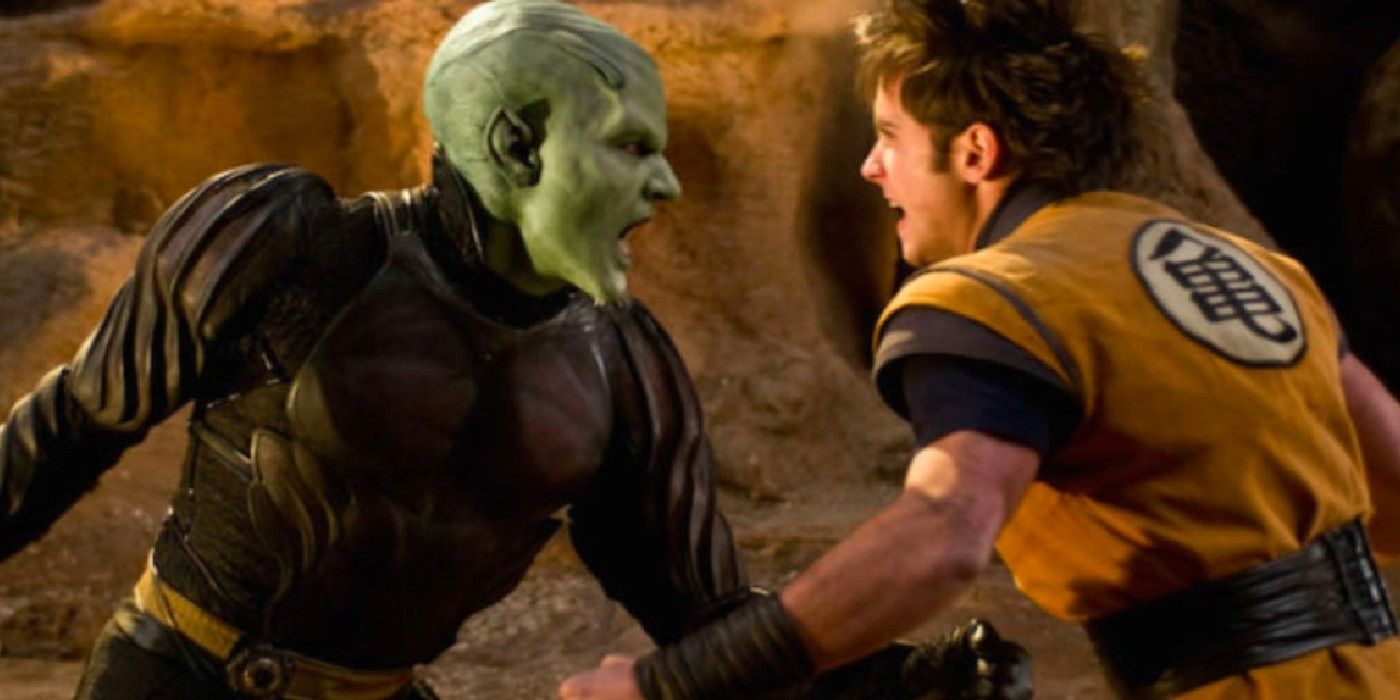
One of the biggest reasons why the infamous Dragonball Evolution was doomed from the start was the simple fact that producers didn't know what to do with it. In 2002, 20th Century Fox bought the legendary anime's rights but had no idea how to bring it to live-action. When the rights were about to expire, they settled for a young adult retelling of Son Goku's epic.
Dragonball Evolution's reputation speaks for itself and is regarded by fans and newcomers alike as one of the worst anime adaptations ever made. Fox's efforts to hold the rights proved pointless, as Disney's buyout now means that Dragon Ball's film rights are owned by Disney. Time will tell if Disney will give the Saiyans cinematic justice or not.
3 Theodore Rex Starred Whoopi Goldberg Because She Didn't Want To Get Sued
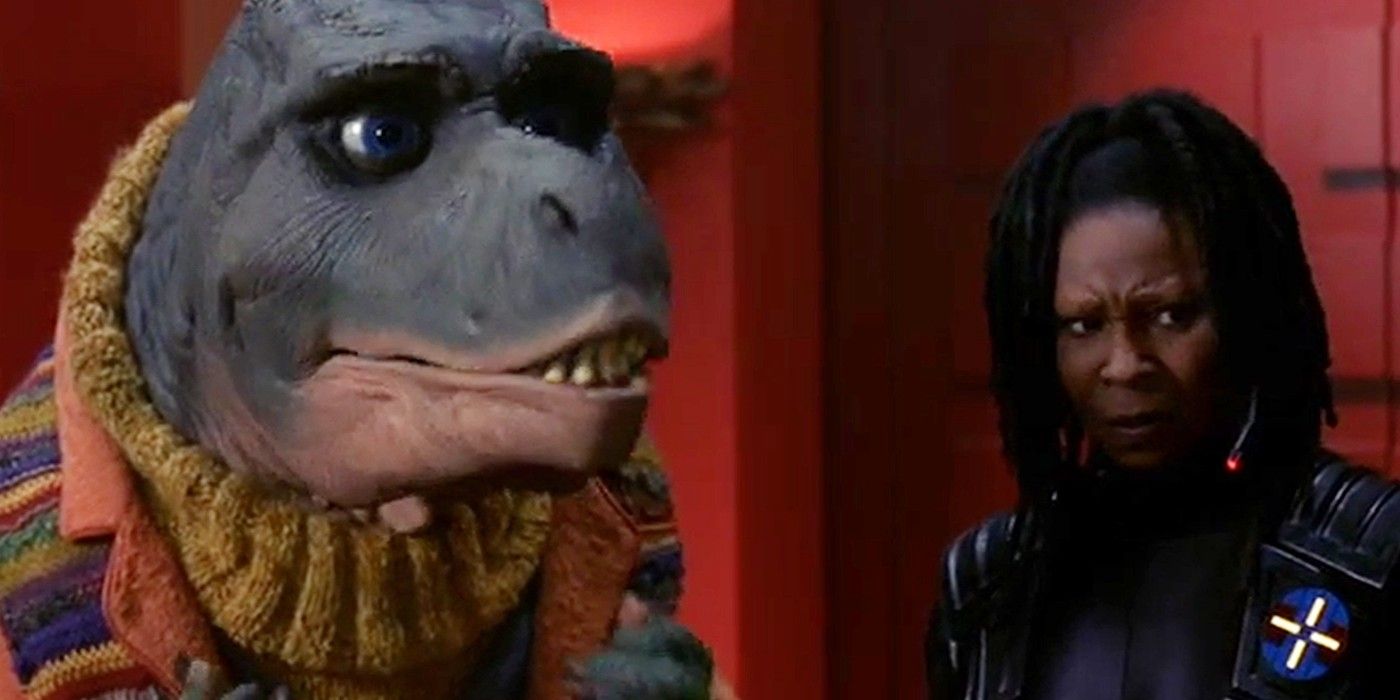
In the 90s, Whoopi Goldberg was a major box office draw and awards season contender, but her streak came to an abrupt end with 1996's Theodore Rex. The only reason why Goldberg starred in this infamous direct-to-video movie about a grizzled detective and her dinosaur partner is because she didn't want to get sued and go bankrupt.
Reportedly, in 1992, Goldberg verbally agreed that she'd star in the movie, but she wanted to back out soon after. New Line Cinema threatened legal action, so Goldberg compromised and received a bigger paycheck than originally agreed upon. Though Theodore Rex bombed and arguably ended her acting career, Goldberg bounced back as a celebrity.
2 Psycho Was Only Produced By Paramount Pictures Because Of Alfred Hitchcock's Contract
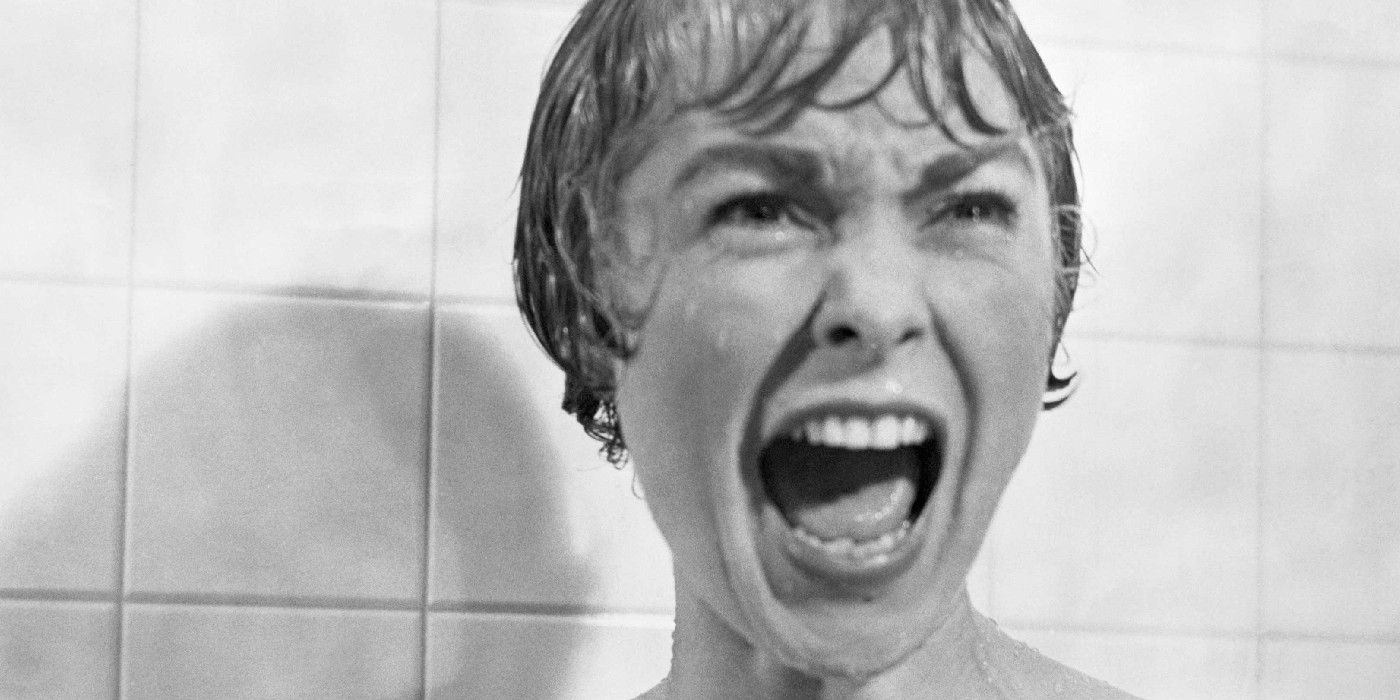
It's hard to understate how transgressive Psycho was in the 60s, so much so that Hitchcock's mere pitch for a heavily Freudian thriller was controversial to producers. Unfortunately for Paramount, they were contractually obligated to produce whatever Hitchcock wanted. They were, however, legally safe when it came to making things difficult.
Hoping that Psycho would fail and fall into obscurity, Paramount slashed its budget (forcing it to be filmed in black-and-white), blocked filming on its soundstages, and more. Hitchcock worked around these hurdles to direct one of the most important horror movies of all time that's also seen as one of the best movies ever made. Psycho even became a full-fledged slasher franchise, with underrated hits like Psycho III.
1 Uwe Boll's Infamously Bad Video Game Movies Were Part Of An Elaborate Tax Break Scheme

With legendarily bad movies like Alone In The Dark, Bloodrayne (which actually has a decent script), In The Name Of The King, and more to his name, Boll singlehandedly solidified video game movies' horrible reputation while making himself one of the gaming community's most hated figures. The craziest thing is that these may have all been calculated and intentional.
Long story short, there was a loophole in the German tax code that allowed donors to use movie flops as a tax write-off. This would explain the surprising speed at which Boll's movies were greenlit despite their abysmal quality, earnings, and reception. Boll and his financiers exploited this law so much that the German government closed the loophole in 2006. Boll retired in 2016 to manage restaurants.
0 Comments